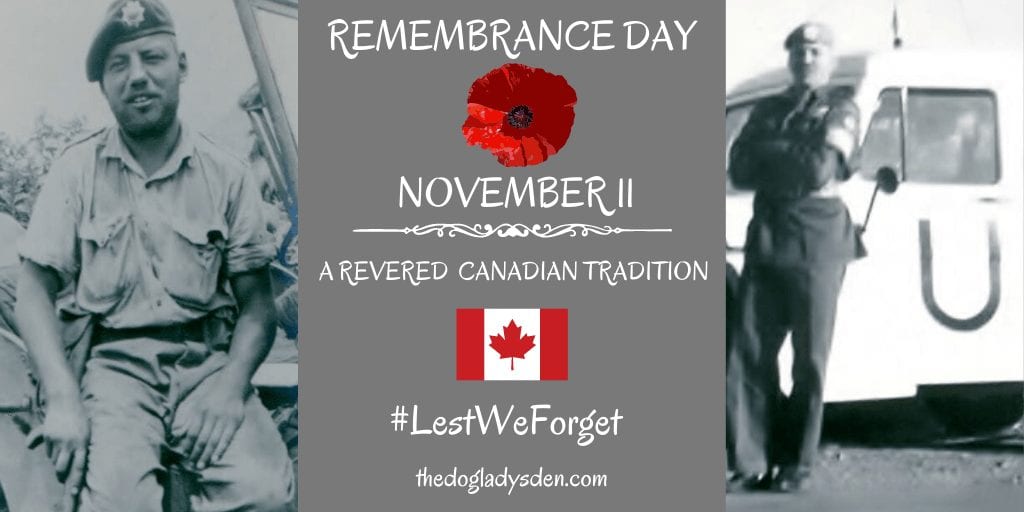#WhitePoppies are worn in the run-up to #RemembranceDay every year by thousands of people in the #UK and beyond. They have been worn in this way for over eighty years.
The #WhitePoppy stands for three things. They represent #remembrance for all #victims of #war, a commitment to #peace and a challenge to attempts to glamorise or celebrate war.
You can buy white poppies through our online shop here. You can also find them in a number of shops, cafes and other outlets across the UK.
White poppies are at the heart of our National Alternative Remembrance Ceremony every year. On our events page you can find out about this and other alternative remembrance ceremonies around the country. You can watch and read about our 2020 ceremony here.
Remembering all victims of war
White poppies stand for remembrance of all victims of all wars. This includes #wars still being fought. It includes people of all nationalities. It includes both #civilians and members of armed forces.
In wearing white poppies, we remember all those killed in war, all those wounded in body or mind, the millions who have been made sick or homeless by war and the families and communities torn apart. We also remember those killed or imprisoned for refusing to fight and for #resisting war.
Today over 90% of people killed in #warfare are civilians.
We differ from the Royal British Legion, who produce red poppies. The Legion has traditionally said that red poppies are to remember only British armed forces and those who fought alongside them. In 2019 they shifted their position to say that they "acknowledge" civilian victims of war, but did not extend their remembrance to all nationalities.
A recent poll shows that 83% of UK adults believe victims of war of all nationalities should be included in remembrance, whilst 86% believe civilians should be included.
We want to remember #British #military dead, but they are not the only victims of war. We also remember the many civilians who have died or suffered in war, both in the past and today, in Syria, Yemen and many other places around the world. #Suffering does not stop at national borders, and nor should remembrance.


